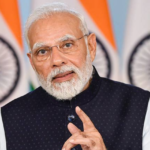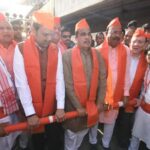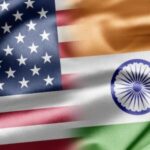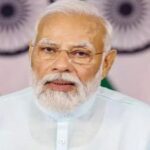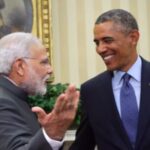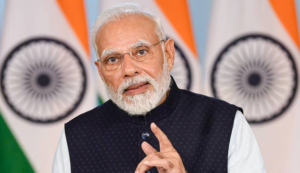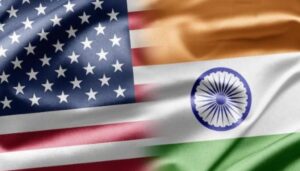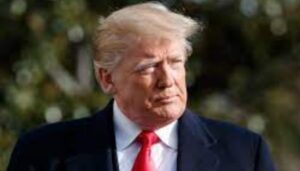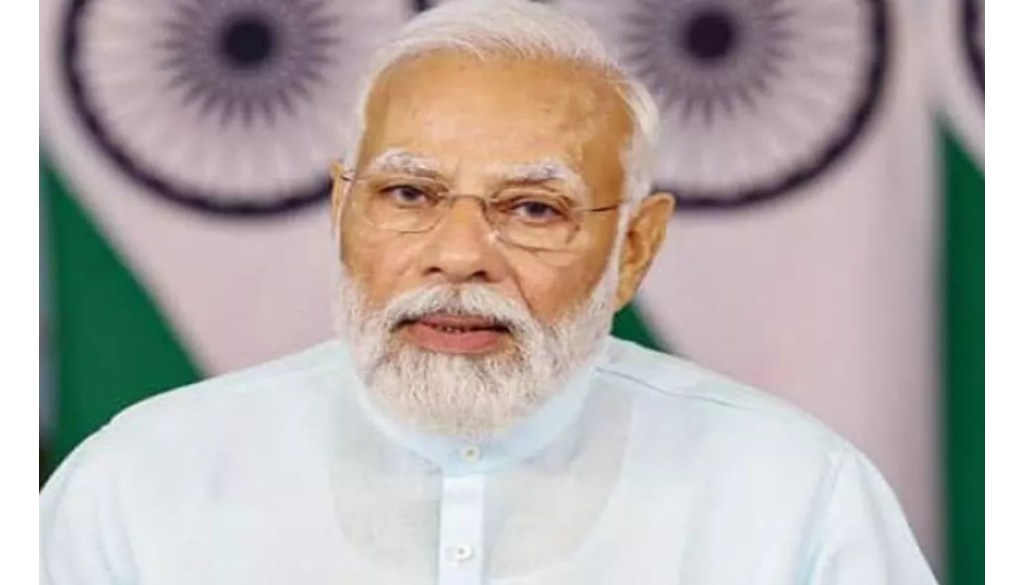
Modi Encourages US Tech Giants to Consider India for Manufacturing and Innovation Opportunities
Washington, 23rd September 2024: Indian Prime Minister Narendra Modi has encouraged leading tech companies in the US to consider India as a key destination for manufacturing and innovation.
This meeting took place in New York, following Modi’s attendance at the annual Quad summit with leaders from the US, Australia, and Japan. India is actively positioning itself as an alternative to China to attract global firms seeking to diversify their supply chains.
In recent years, India has focused particularly on semiconductor manufacturing, although it still trails behind major suppliers like China and Taiwan.
During the meeting on Monday, Modi engaged with 15 prominent CEOs, including Sundar Pichai from Google, Shantanu Narayen from Adobe, Arvind Krishna from IBM, and Jensen Huang from NVIDIA. He emphasized that these companies could “co-develop, co-design, and co-produce in India for the world.”
The Indian foreign ministry stated that the roundtable discussion highlighted technological innovations that could significantly impact the global economy and human development.
Modi also addressed a rally of Indian-Americans in New York, referring to them as “brand ambassadors” for the country. Speaking to a crowd of 15,000, he underscored India’s importance to “global development, global peace, global climate action, global innovations, and global supply chains.”
On Saturday, Modi met with US President Joe Biden during the Quad summit, where both nations signed several agreements. The India-US semiconductor pact, described as a “watershed arrangement,” aims to establish a fabrication plant for producing chips essential for national security, next-generation telecommunications, and green energy initiatives.
This marks India’s first project with the US for supplying chips to the US armed forces, allied militaries, and the Indian military. Previous efforts to establish a domestic semiconductor manufacturing industry in India have struggled to achieve expected results. However, as the US seeks to enhance its resilience against China’s semiconductor dominance, this deal provides a renewed boost for India.
Reports indicate that the plant will concentrate on “three essential pillars for modern warfare: advanced sensing, advanced communications, and high-voltage power electronics.”
Notably, neither Modi nor the joint statement addressed the ongoing tensions regarding the targeting of Sikh leaders in the US and Canada. Sikh separatist leaders, who have long sought a separate homeland from India, allege they face threats and assassination attempts from groups purportedly backed by India, which the Indian government denies.


